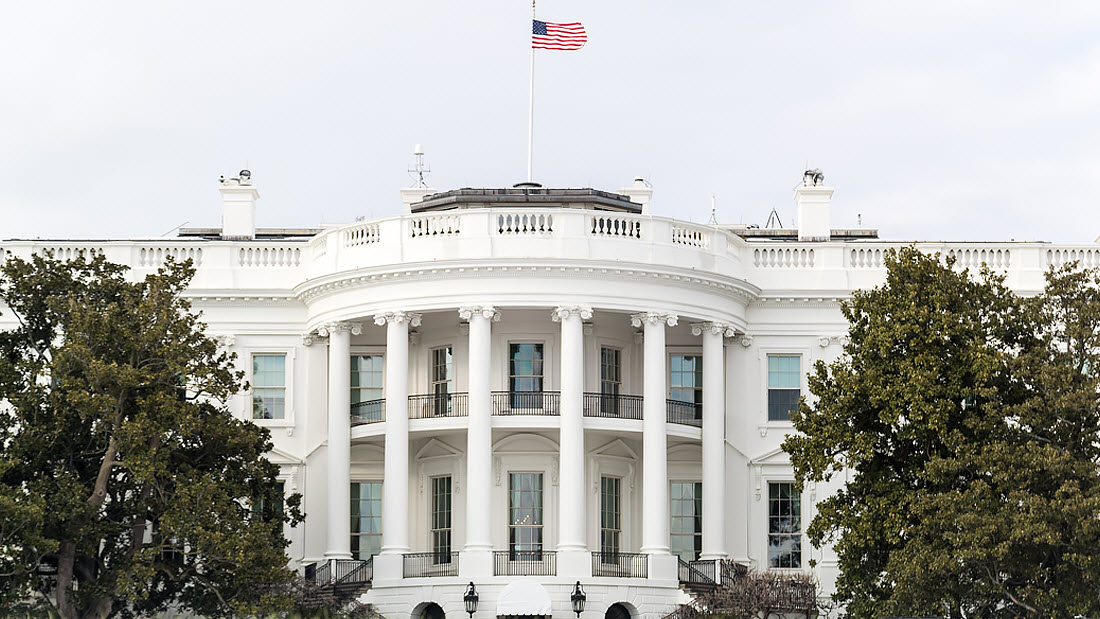White House: Net Reg Rollback Boosted Incomes by $50B Annually

The smarter way to stay on top of the multichannel video marketplace. Sign up below.
You are now subscribed
Your newsletter sign-up was successful
The White House says that the Trump Administration FCC's rollback of internet regs increased "real incomes" by more than $50 billion per year and "consumer welfare" by $40 billion per year, not to mention the billions saved by Congress in nullifying the Obama FCC's privacy regulation framework.
Related: FCC Seeks Comment on Restoring Internet Freedom Remand
That is according to the just-released Council of Economic Advisors "Economic Report of the President," which asserts that the current economic boom is attributable to President Trump, not a continuation of the Obama Administration post-recession growth.
The report asserts that the FCC's 2015 regulations against blocking, throttling and paid prioritization and classifcation of ISPs as Title II telecommunications services "restricted the vertical pricing arrangements of ISPs—that is, monetary transactions between ISPs and the providers of Internet content such as Netflix and Yahoo, and "imposed government oversight on communication services, making it difficult for these companies to quickly respond to competition and provide new goods and services on the market."
It said that FCC Chairman Ajit Pai's rollback of those "vertical price regulations" with the Restoring Internet Freedom order, "will increase real incomes by more than $50 billion per year and consumer welfare by almost $40 billion per year."
The Administration also claims that Congress' vote to nullify the FCC's broadband privacy regime--adopted under Pai's predecessor, Tom Wheeler--led to lower prices for wireless service and a projected real income increase of $22 billion.
Related: Trump Makes It Official: FCC Privacy Rules Are History
The smarter way to stay on top of the multichannel video marketplace. Sign up below.
It said prices were lower because under the FCC's privacy regs, data sharing would have been disallowed unless subs opted in, but with nullification could be used and shared by ISPS unless users affirmatively opted out, has had previously been the case.
“Laughable but not funny," said Michael Copps, special adviser to Common Cause and former Democratic FCC chairman, of the report. "I used to think you couldn’t make stuff like this up, but Trump and Pai have opened my clouded eyes."
Contributing editor John Eggerton has been an editor and/or writer on media regulation, legislation and policy for over four decades, including covering the FCC, FTC, Congress, the major media trade associations, and the federal courts. In addition to Multichannel News and Broadcasting + Cable, his work has appeared in Radio World, TV Technology, TV Fax, This Week in Consumer Electronics, Variety and the Encyclopedia Britannica.

